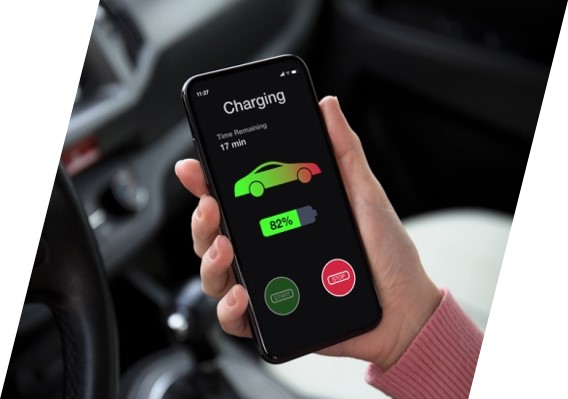Does this picture look more like a car or like a horse carriage?

Picture from www.caradvise.com
It’s the very first car in history, made by Karl Benz in 1885. The first driver was his wife Bertha Benz a and the driver sat in the back. As people were used to transportation in a horse carriage, it was only natural to design a car from the mind-set of that type of vehicle, simply adding an engine and removing the horse. Only later, car design started evolving away from the early models and grew into something that looks like a car as we know it today and has nothing in common with a horse carriage.
As people were used to transportation in a horse carriage, it was only natural to design a car from the mind-set of that type of vehicle, simply adding an engine and removing the horse.
Taking the analogy of the first car to the world on online facilitation, many people see live online meetings, workshops, conferences and training as a simple replacement for F2F events. Before Corona hit us, people gathered online only because they preferred to avoid travel or to save time and money on travel, often complaining that ‘it’s not as good as meeting F2F’ but the benefits offset the downsides.

Since the start of the Corona crisis, huge numbers of workers all over the world have been forced to work remotely and connect with others through communication technology, whether they like it or not.
This has accelerated the acceptance rate of remote working and online events and unleashed a burst of creativity in how people make sense of online working and virtual facilitation. In parallel, we have seen a surge in new, creative technology to support remote working and make it a unique way of working instead of a ‘replacement’ of F2F.
Combining these 2 developments, one could state that online facilitation has moved into 2.0. This is witnessed by the expectation that we will not go back to the ‘classic’ 40 hour working week in the office, even when the Corona virus may (hopefully soon) be a thing of the past.
So, if remote working is here to stay, perhaps it’s time to replace ‘virtual facilitation’ by something more real. After all, there is nothing ‘virtual’ about working remotely with your colleagues or clients. It is our new reality. Shall we opt for ‘online facilitation’?
Nomadic IBP facilitators are available to help you create live online training that fits the cultural background of your audiences.

Fredrik Fogelberg is a chartered Organisational Psychologist specializing in leadership development and team facilitation in international organizations. He has over 30 years of international experience in the corporate world and as a consultant.



